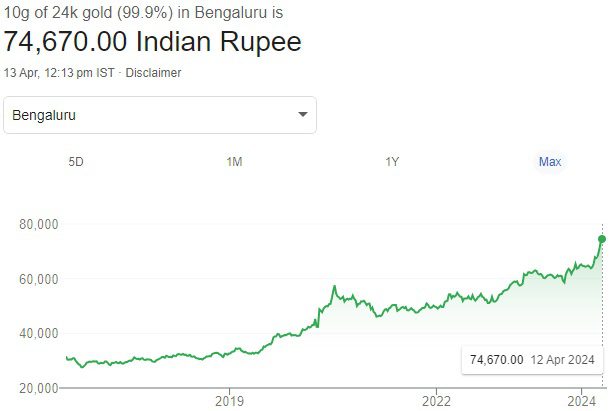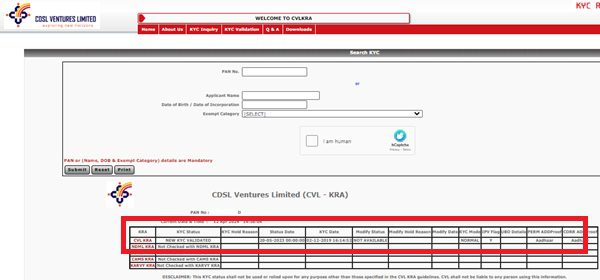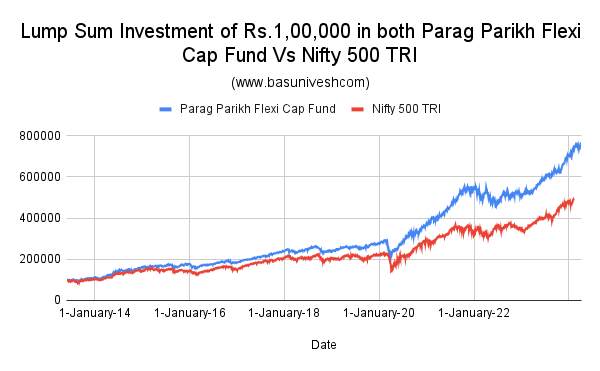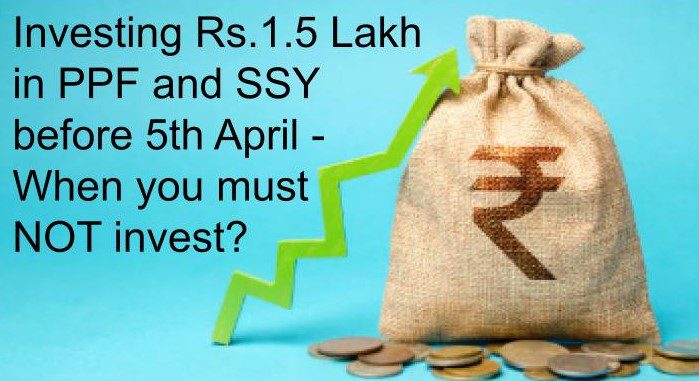Using the RBI Retail Direct platform, we can now invest in Government Bonds online. In the month of February 2021, RBI announced that it will allow retail investors to directly buy and sell Government Bonds online. Now through the RBI Retail Direct scheme, we can invest in Government Bonds online.

On 12th July 2021, RBI issued the notification in this regard. According to this notification, retail investors will need to open and maintain a Retail Direct Gilt Account (RDG Account) with RBI to access its G-Sec platform. We can open the account through an online portal (RBI Retail Direct portal) meant for retail investors. However, RBI is yet to give details of the RBI Retail Direct portal.
The launch date of the portal is not yet decided. According to the notification, “the date of commencement of the scheme will be announced at a later date”.
RBI Retail Direct – Invest in Government Bonds online
Once the scheme is launched, retail investors can buy and sell Government of India Treasury Bills, Government of India dated securities, Sovereign Gold Bonds (SGB) and State Development Loans (SDLs).
RBI Retail Direct -Features, Eligibility and procedure
# Scope – ‘RBI Retail Direct’ is a comprehensive scheme that provides the facilities like Open and maintains a ‘Retail Direct Gilt Account’ (RDG Account), Access to primary issuance of Government securities, and Access to NDS-OM to retail investors in the government securities market through an online portal.
# Eligibility – Retail investors, as defined under the scheme, can register under the Scheme and maintain an RDG Account if they have – PAN Card, Any OVD for KYC purpose, Email Id and registered mobile number. NRI retail investors eligible to invest in Government Securities under Foreign Exchange Management Act, 1999 are eligible under the scheme. The RDG account can be opened singly or jointly with another retail investor who meets the eligibility criteria.
# Procedure – The procedure of opening and operating the RBI Retail Direct are as below.
- Investors can register on the online portal by filling up the online form and use the OTP received on the registered mobile number and email id to authenticate and submit the form.
- Instructions issued under RBI-Know Your Customer (KYC) Direction, 2016, updated from time to time, will be adhered to during onboarding the investors. Upon successful registration, ‘Retail Direct Gilt Account’ will be opened and details for accessing the online portal will be conveyed through SMS/e-mail.
- RDG Account shall be available for primary market participation as well as secondary market transactions on NDS-OM.
- In the primary market, participation and allotment of securities will be as per the non-competitive scheme for participation in primary auction of government securities and procedural guidelines for SGB issuance. Only one bid per security is permitted. On submission of the bid, the total amount payable will be displayed. Payment to the aggregator / receiving office can be made through either – a) Using the net-banking/UPI facility from the linked bank account, whereby funds will be debited at the time of submission of bids on the portal. b) Using the UPI facility, whereby funds in the linked bank account can be blocked at the time of submission of bids on the portal which will be debited from this account on successful allotment in the auction. Similar facility through banks will be made available in due course. Refund, if any, will be credited to the investor’s bank account as per the timelines specified by the aggregator. Allotted securities will be issued to the investors by credit to their RDG Account on the day of settlement.
- In the secondary market, registered investors can access the secondary market transaction link on the online portal to buy or sell government securities through NDS-OM (odd lot segment/RFQ). For buying, Payment can be made through either – a) Before start of trading hours or during the day, the investor should transfer funds to the designated account of CCIL (Clearing corporation of NDS-OM) using net-banking/UPI from the linked bank account. Based on actual transfer/success message, a funding limit (Buying Limit) will be given for placing ‘Buy’ orders. At the end of the trading session, any excess funds lying to the credit of the investor will be refunded. b) Using the UPI facility, whereby funds in the linked bank account can be blocked at the time of placing order which will be debited from this account on the day of settlement. Similar facility through banks will be made available in due course. Securities purchased will be credited to the RDG Account on the day of settlement. For selling, Securities identified for sale will be blocked at the time of placing order till the settlement of the trade. Funds from the sale transactions will be credited to the linked bank account on the day of settlement.
- Investors Service – Transaction history and balance position of securities holdings in the Retail Direct Gilt Account can be obtained from the link provided on the website and can download the account statement. All transaction alerts will be provided through e-mail/SMS.
- Nomination – The nomination form in the prescribed format duly signed can be filled up and uploaded. There can be a maximum of two nominees. In the event of death of the registered investor, the securities available in the RDG Account can be transmitted to the RDG Account or any other Government securities account of the nominee on submission of death certificate and transmission form.
- Pledge / Lien – Securities held in the RDG Account will be available for pledge/lien.
- Grievance redressal – Any query or grievances related to ‘Retail Direct’ Scheme can be raised on the portal which will be handled/resolved by Public Debt Office (PDO) Mumbai, RBI.
- Fees and Charges – No fee will be charged for opening and maintaining ‘Retail Direct Gilt account’ with RBI. No fee will be charged by the aggregator for submitting bids in the primary auctions. Fee for payment gateway etc., as applicable, will be borne by the registered investor.
Conclusion:- I think this is one of the best facilities RBI is providing to retail investors. However, do remember one thing that even though in such Government securities, default or downgrade may not be there, they are highly sensitive to the interest rate movement based on the time horizon of maturity of the bond.
Hence, investing in such Government securities does not mean they are safe. If you buy today and try to sell tomorrow (before maturity), then the risk of interest rate movement will be there. However, if your idea is to hold till maturity, then there will not be any issue. DO REMEMBER THAT INVESTING IN BANK FIXED DEPOSIT IS DIFFERENT THAN INVESTING IN GOVERNMENT BONDS. Understand the features and how they fluctuate and accordingly based on your need, you can buy.










12 Responses
Can I trnsfer my existing SGB and RBI 7.75 bonds ar ICICI direct into RDG acooubt and trade.
Dear Bhaskar,
I hope so but better to wait for the launch.
WHERE TO OPEN THIS A/C GIVE ME LINK
Dear Sunita,
Wait for the launch of the online platform. They will soon share it.
Dear Basu Sir,
very nicely explained and well written.
Sir, also i request you to write an article on how to e file income tax on the new ITD website. the new site is bit complicated
regards and thanks in advance
Dear Rajesh,
Thanks. Yes, thought to write but there are still lot of glitches on the ITR website itself. Hence, waiting for rectification of that.
which securities come under the scheme their face value minimum amount maturity etc can you pl throw light on this sir please.
Dear Chandru,
Can you elaborate your doubt? I am unable to understand what actually you are looking into.
Public may open account, but thereafter unable to carry out transaction independently, there need to be help/ guide desk.
Dear DB,
I hope it will be user-friendly like how buying stocks.
Really nice and simple way to understand how to purchase government bonds.
Please notify us when the RBI rules are published and the process of purchase starts for retail investors.
Dear Kamal,
Surely and thanks.